This scene struck me, because he was bowing his head the whole time, once to the shrine and twice to his phone. Sure, his motives differed between the shrine and looking at the game or emails on his phone, but from the train, I saw a man bowing his head towards two things in worship.
Then the convicting through struck me: often I am focused on studying flashcards on my phone, coordinating my daily plans, or completing my to-do list, so I forget to contemplate the true God during my day. The walking man at least paused his activities on a busy weekend morning to say a prayer to the god of the shrine as he passed. Imagine what the living God could do with a heart completely dedicated to Him throughout the day.
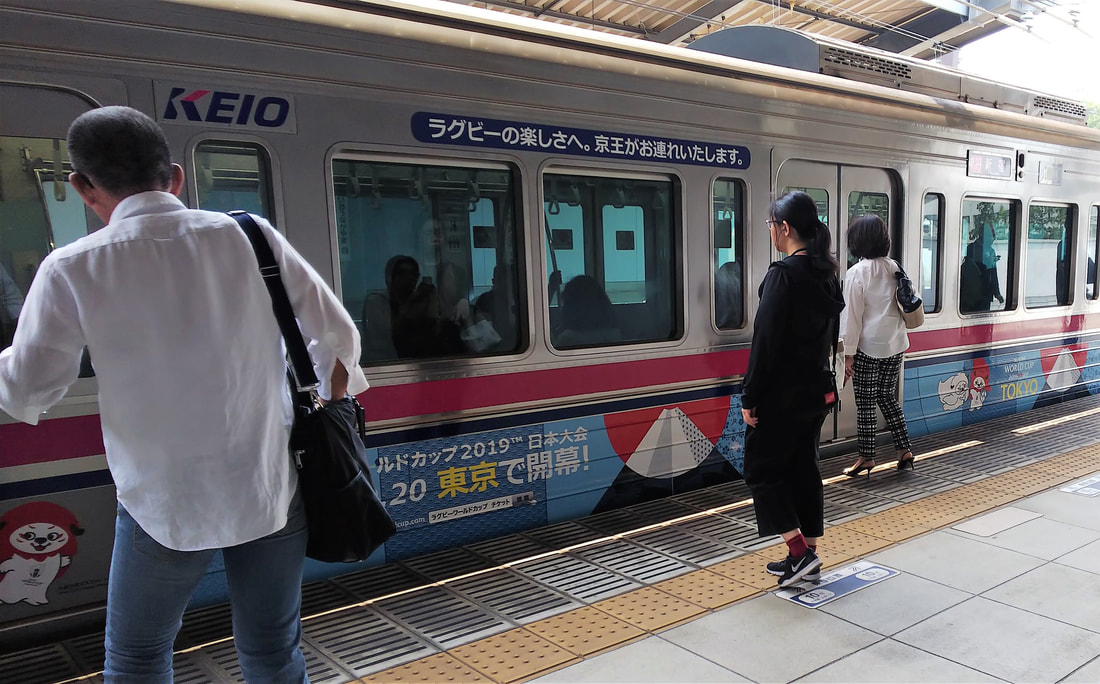
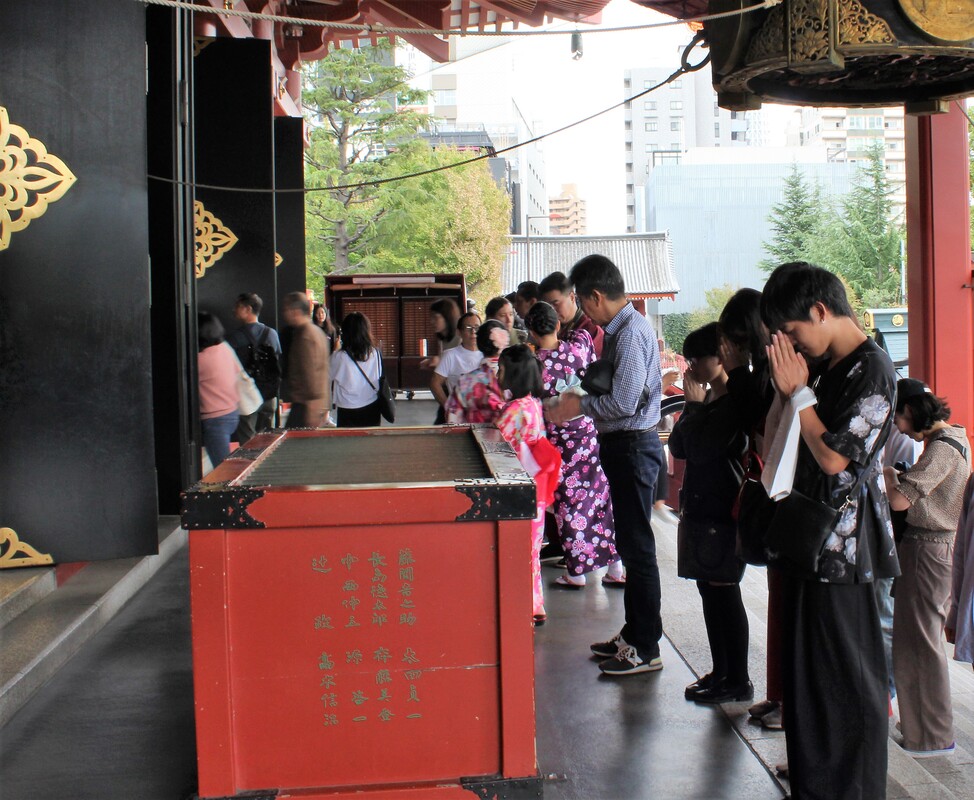
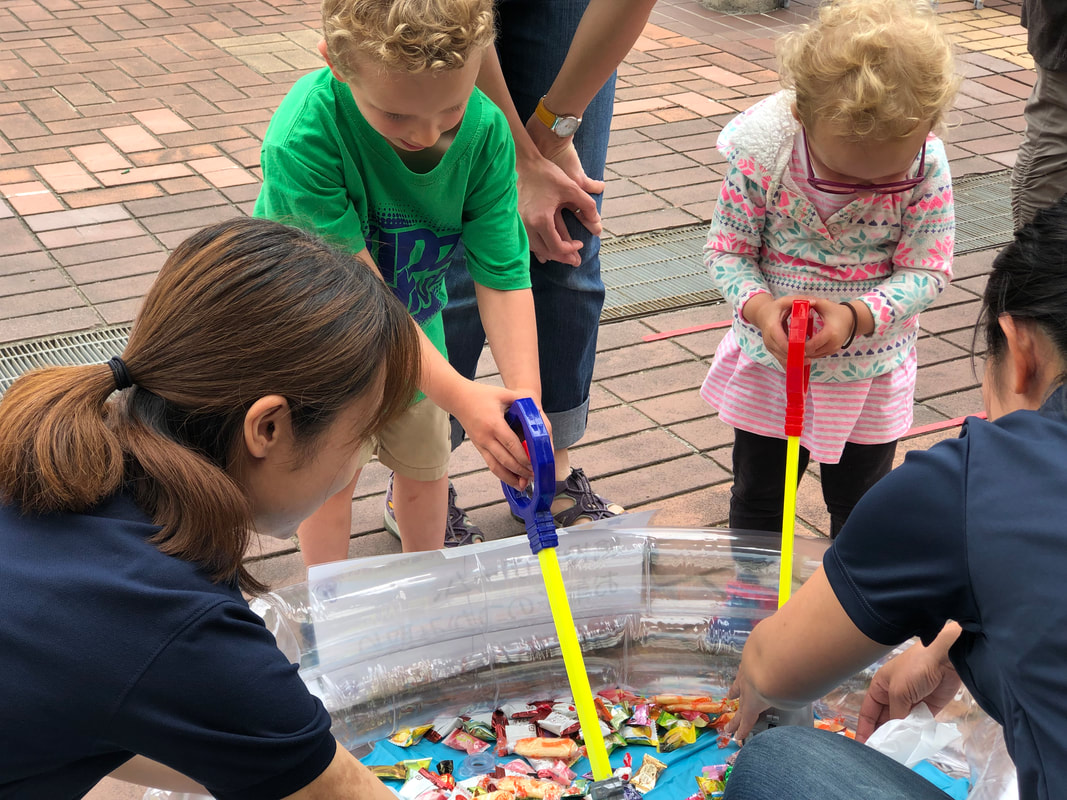
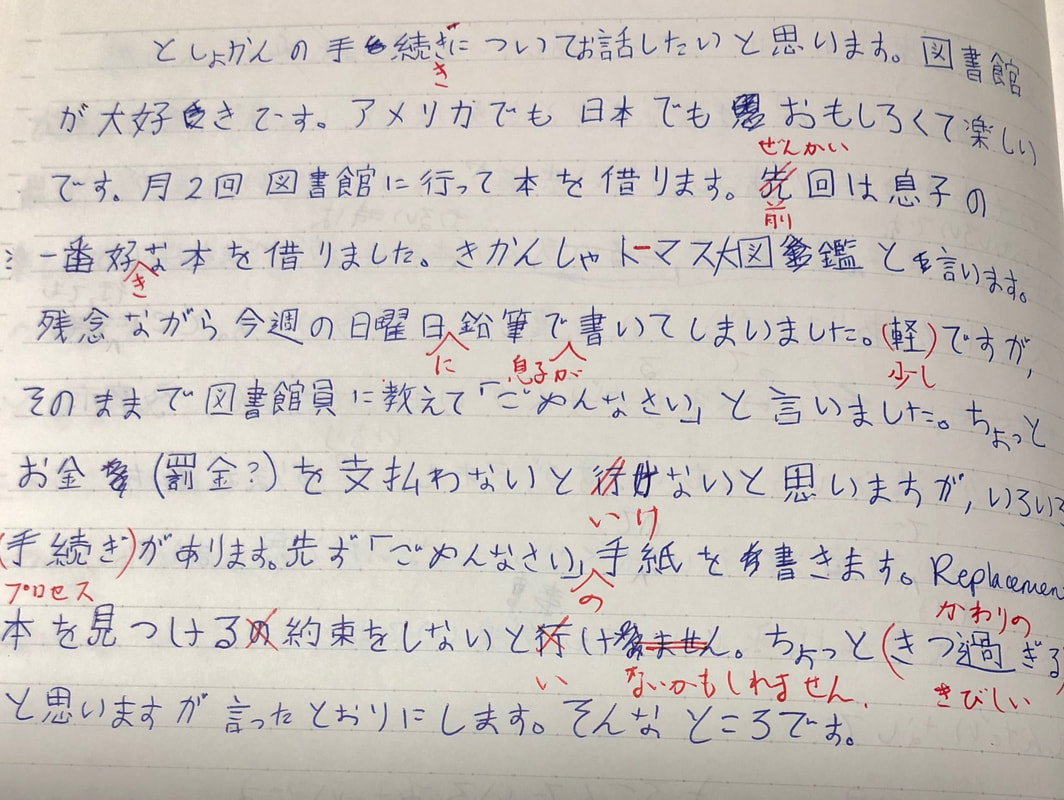
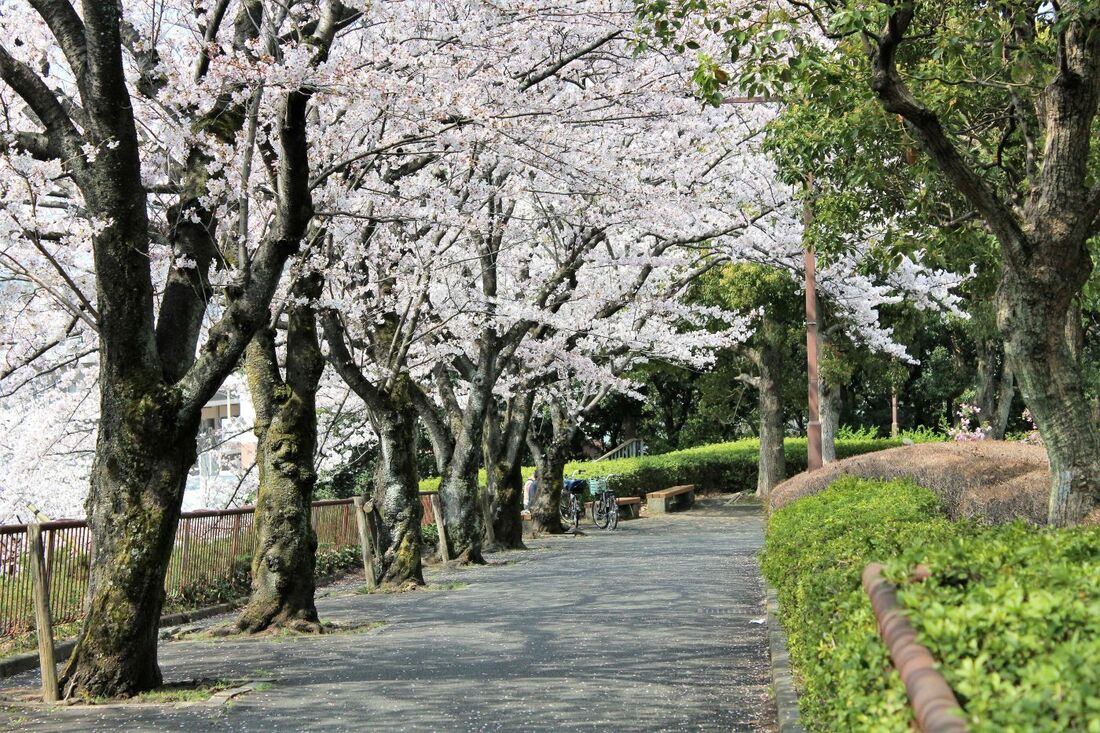
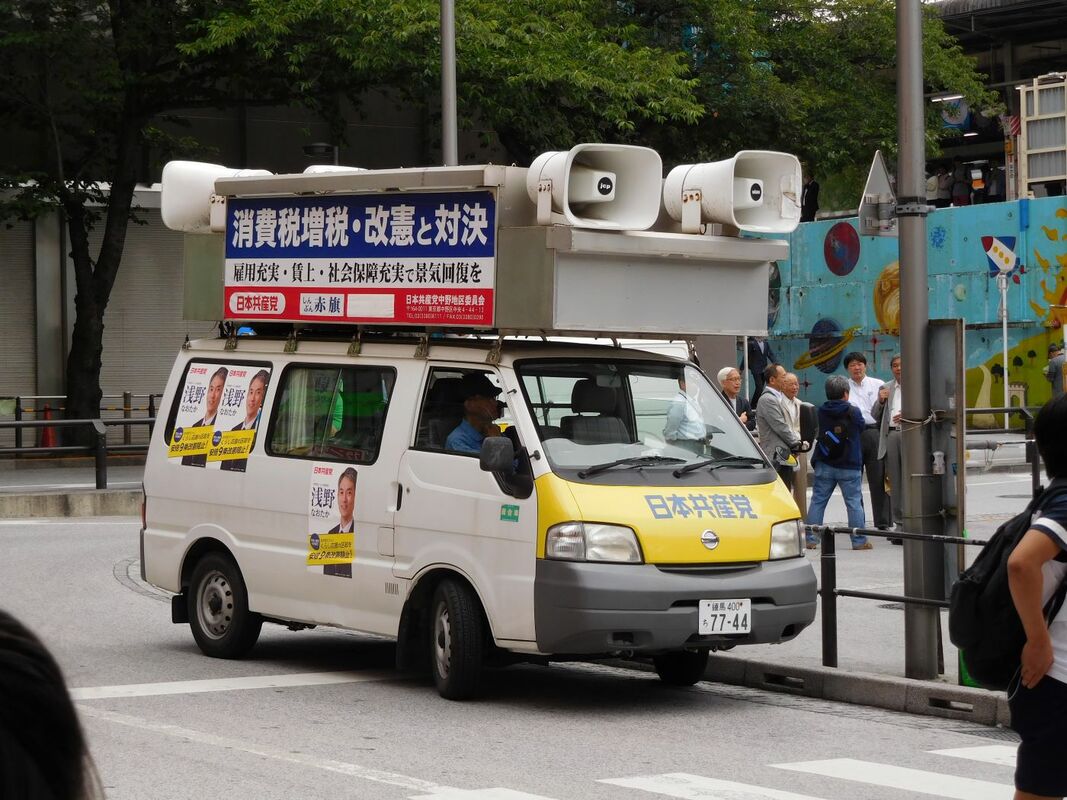
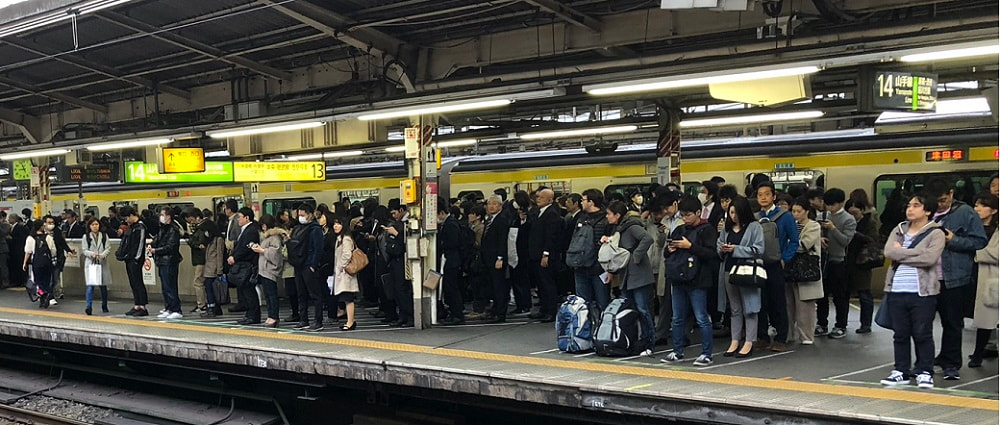
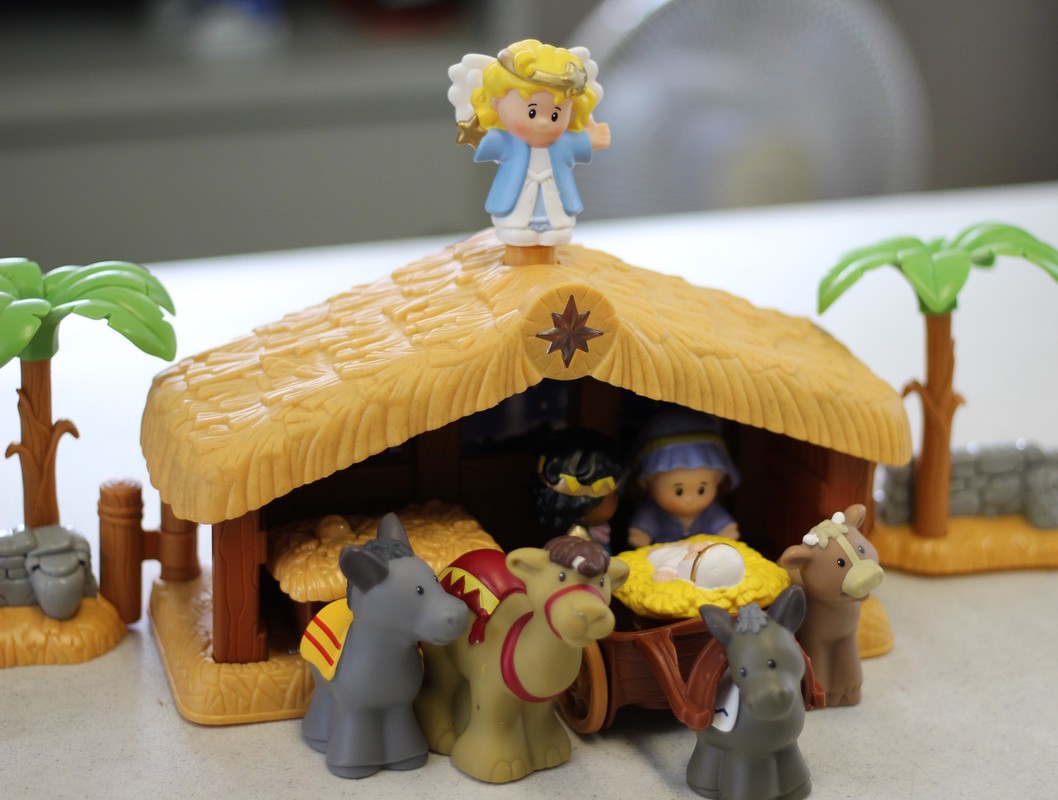
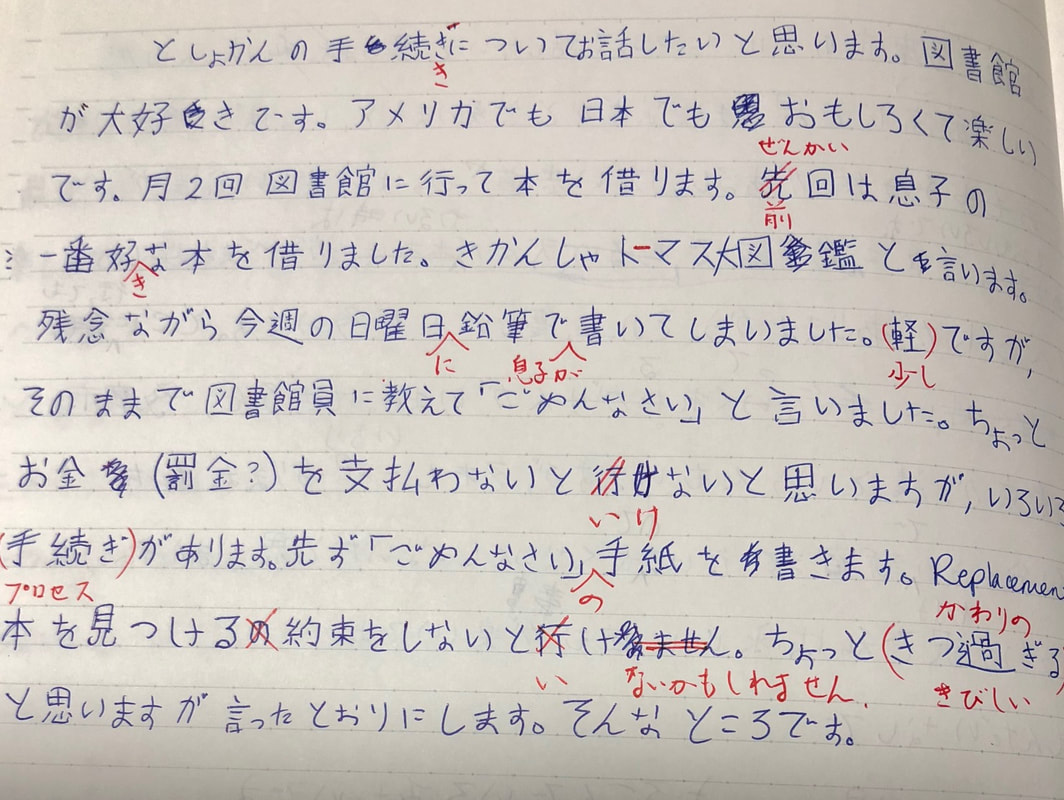

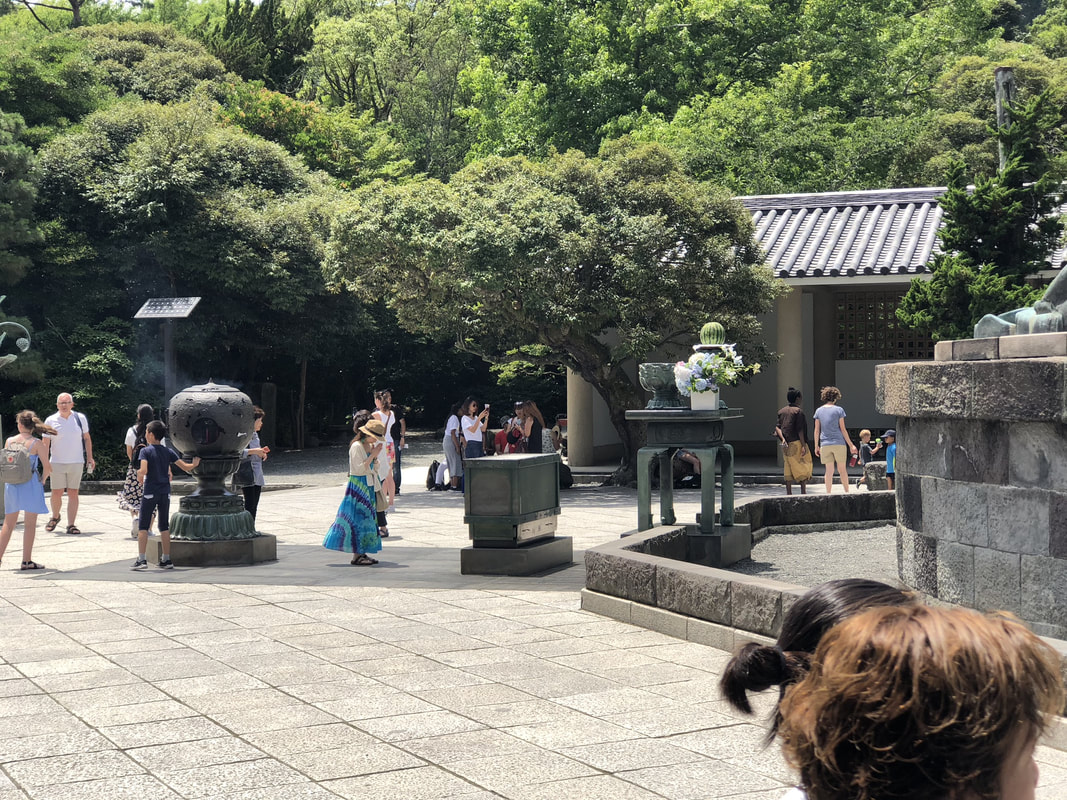
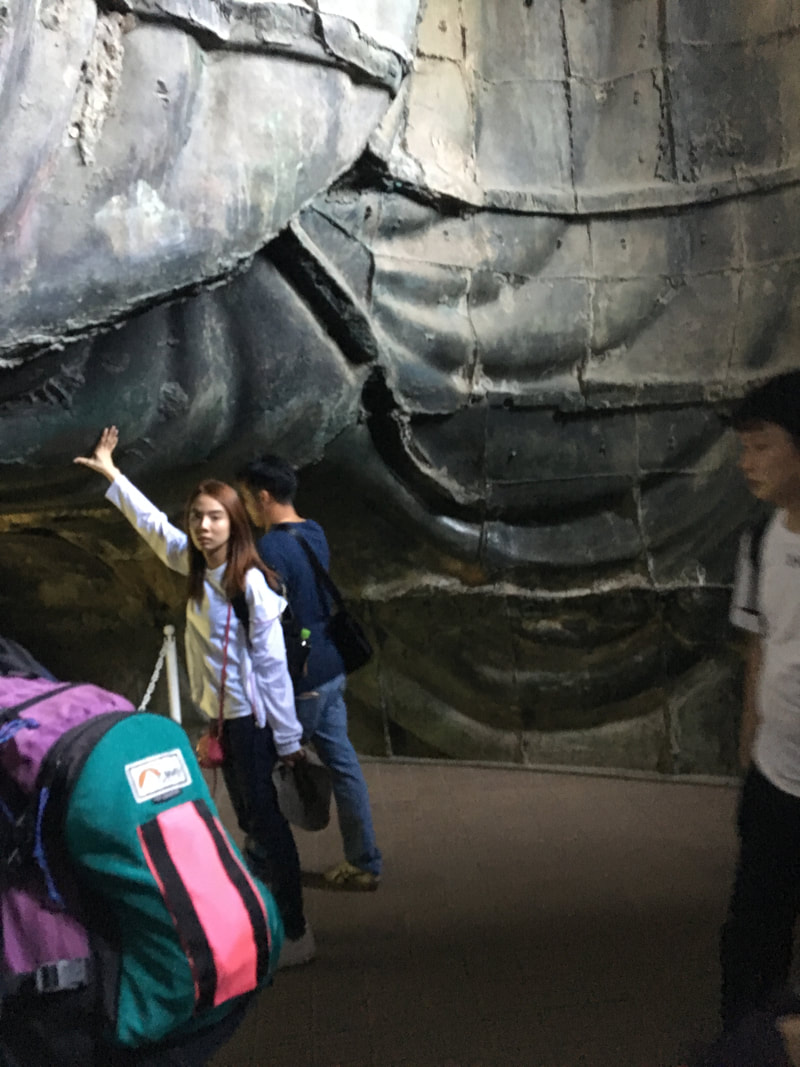
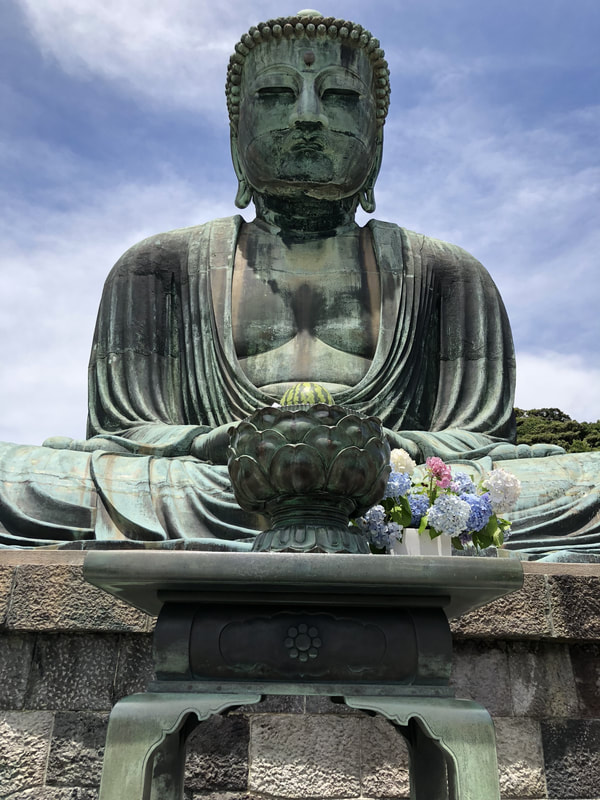

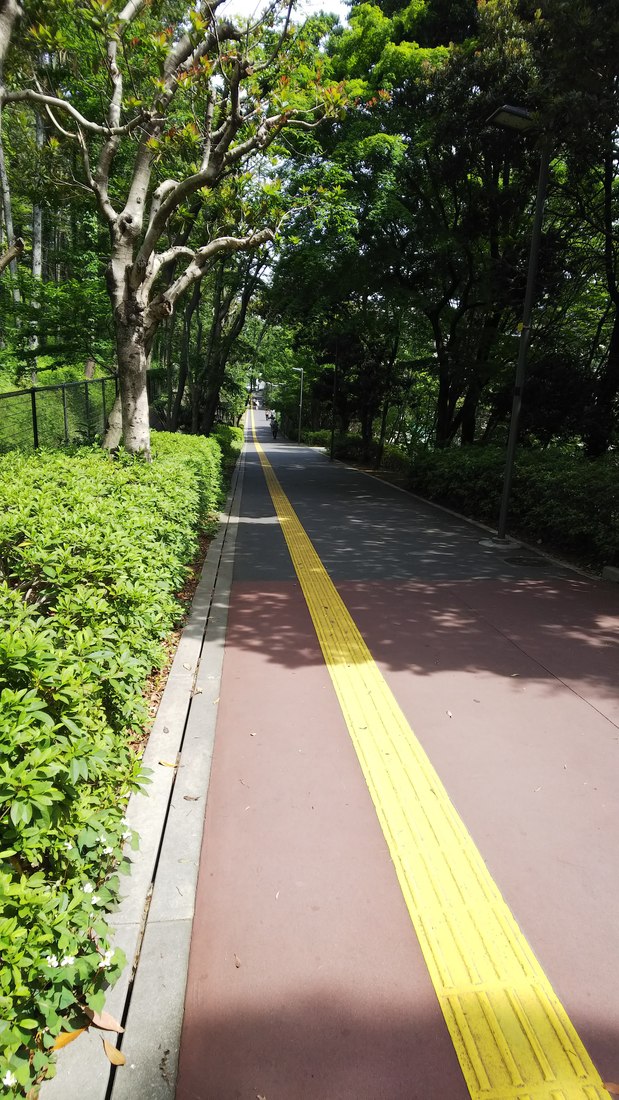
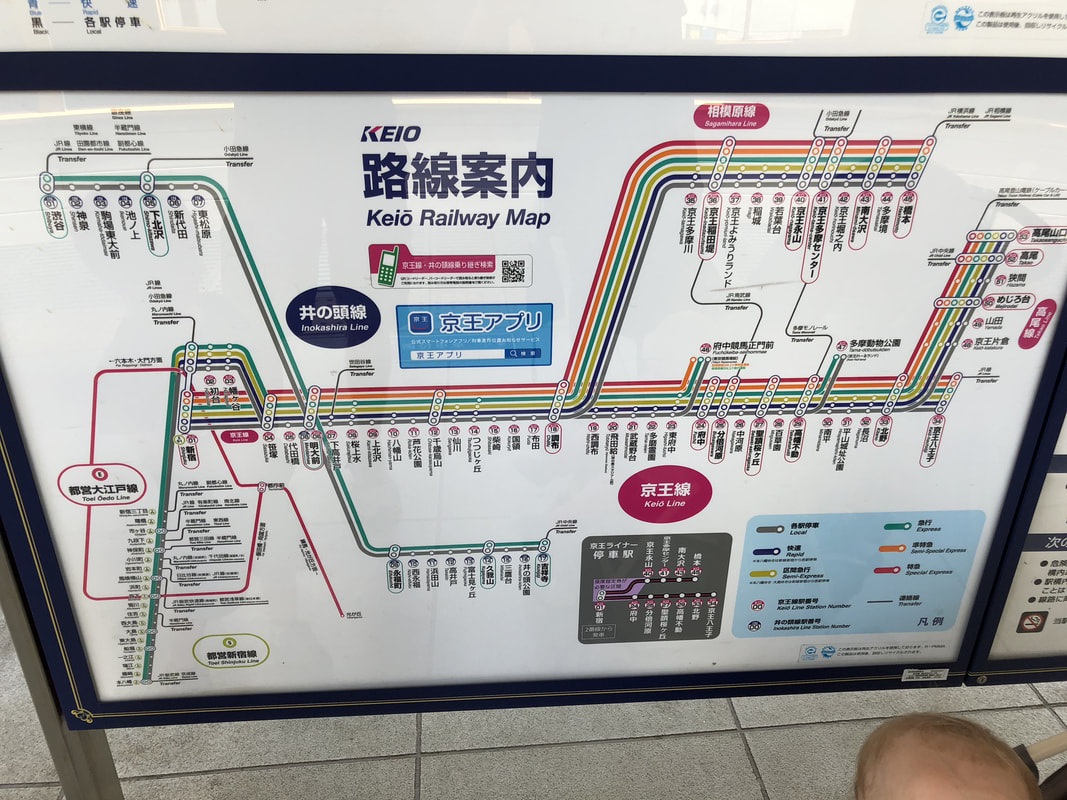

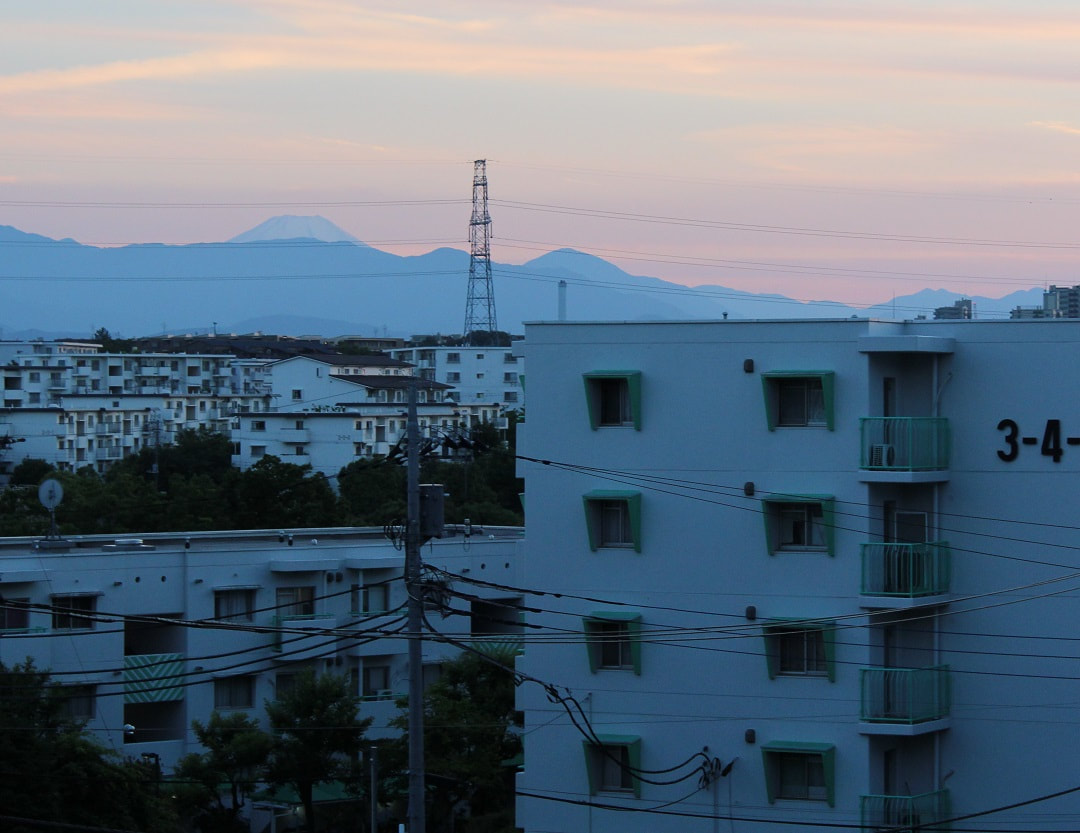


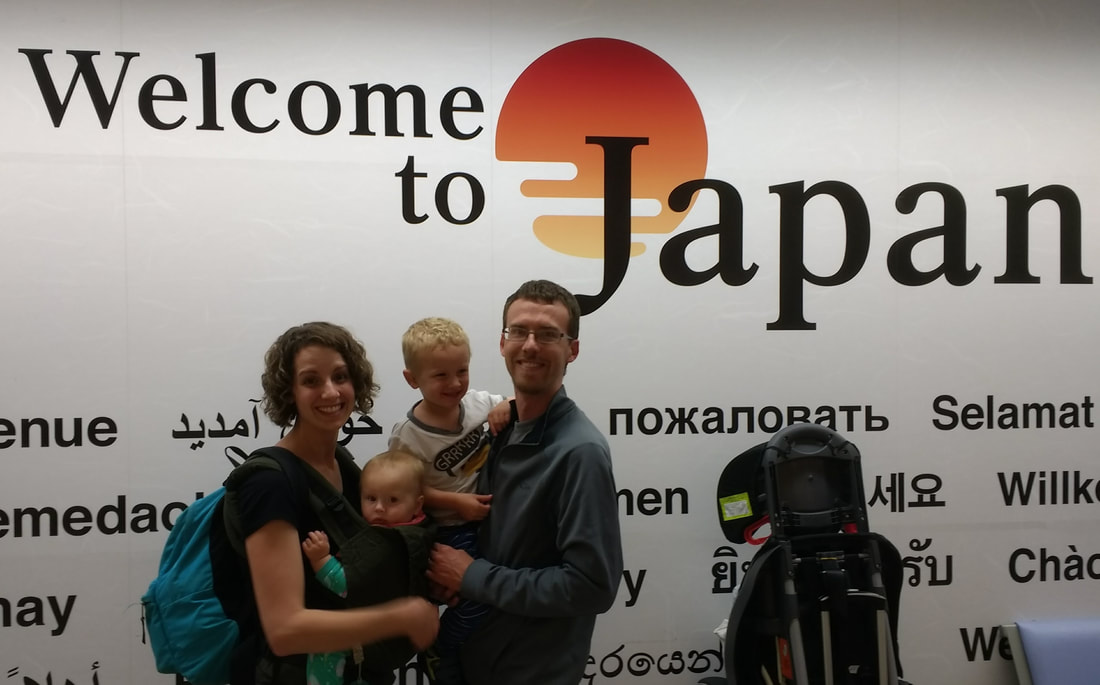
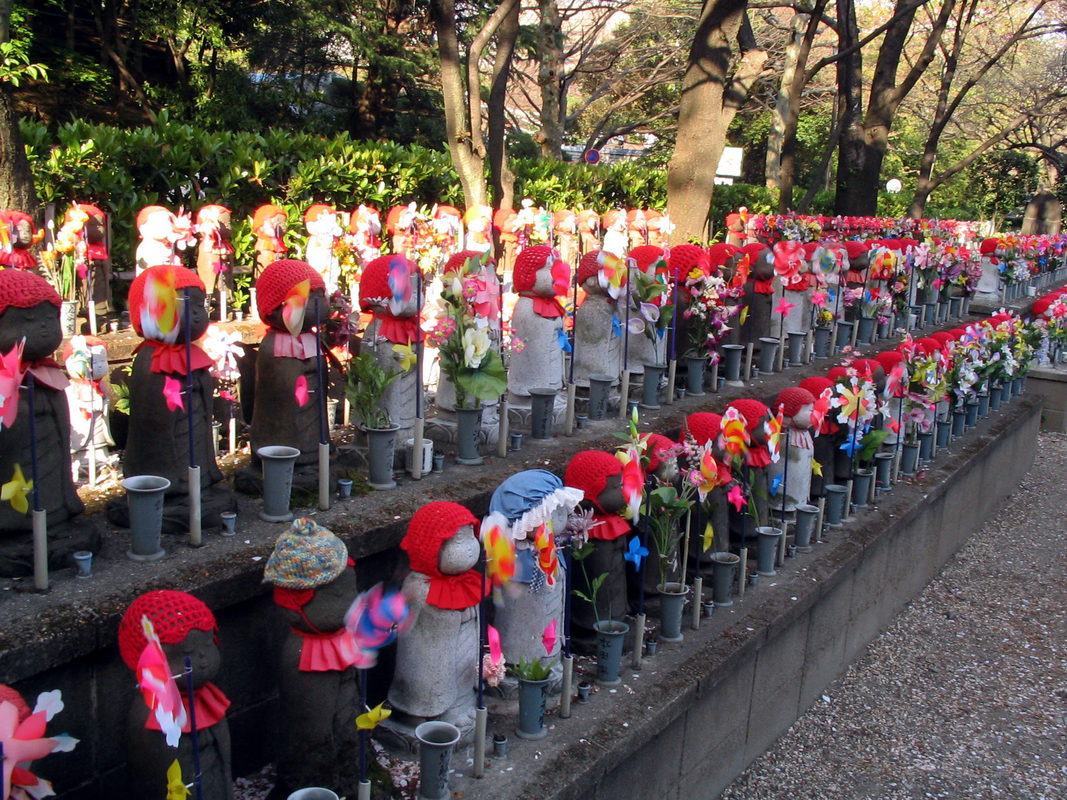

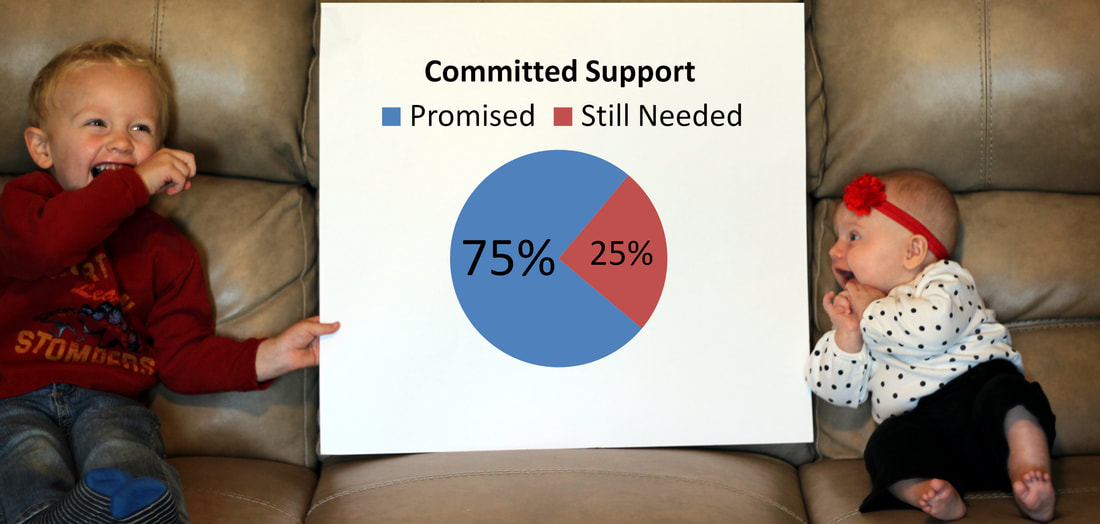

 RSS Feed
RSS Feed
